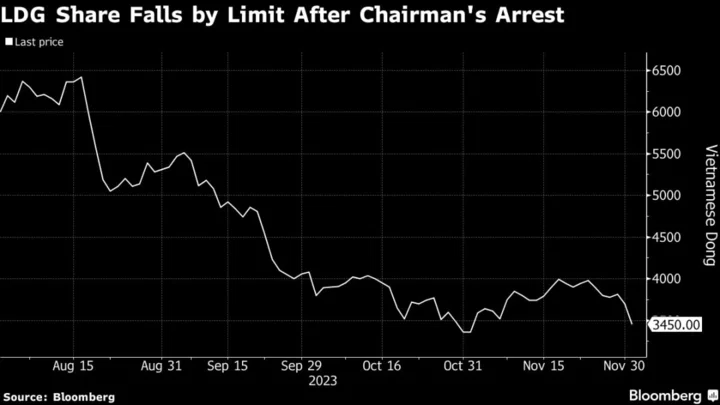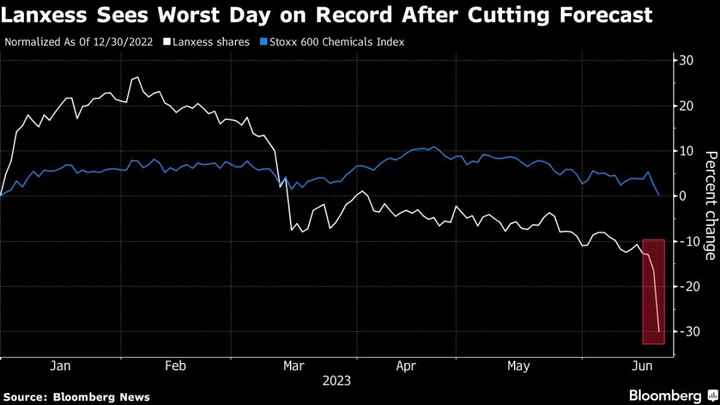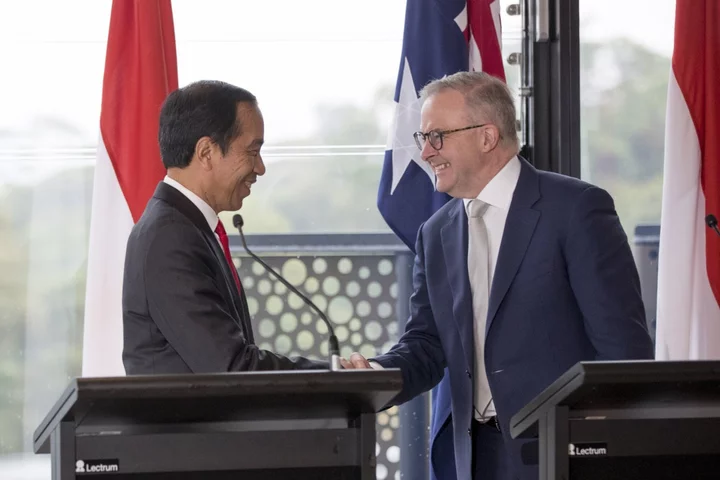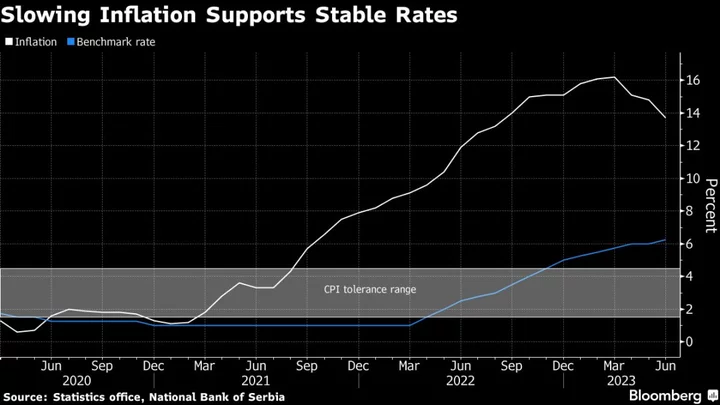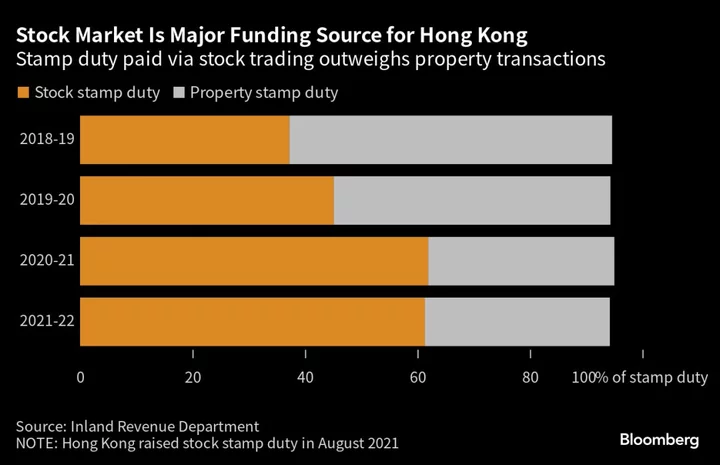Nigeria announced a temporary wage increase among a set of measures aimed at cushioning the impact of reforms on citizens and averting a strike scheduled to start on Tuesday.
The West African nation is “introducing a provisional wage increment to enhance the federal minimum wage without causing undue inflation,” President Bola Tinubu said in a broadcast on Sunday to mark Nigeria’s independence anniversary. “For the next six months, the average low-grade worker shall receive an additional 25,000 naira per month,” he said.
Beside the wage increase, the government also plans to reduce transport costs by deploying buses fueled by low-cost compressed natural gas, Tinubu said. It will also provide funds to support small businesses and expand the cash transfer register, aimed at helping economically vulnerable Nigerians, by adding an additional 15 million households.
Since taking office in May, President Tinubu has instituted reforms to revive one of Africa’s biggest economies from almost a decade of decline. The reforms, which include scrapping a $10 billion annual fuel subsidy and liberalizing the foreign-exchange market, have led to a 40% naira devaluation and escalated inflation. Though popular, the policies have inflicted hardship on the population.
The country’s biggest labor unions — the Nigerian Labor Congress and Trade Union Congress — have engaged the government for palliative measures, including wage increases and subsidized transport. The unions last week called for an indefinite strike from Oct. 3 to protest an alleged lack of commitment by the government to addressing their concerns.
“I am attuned to the hardships that have come,” Tinubu said. “I have a heart that feels and eyes that see.”
The Nigerian leader also said that the special investigator appointed to unravel alleged lapses by former central bank governor Godwin Emefiele will soon present his findings and recommendations on how to prevent recurrences. Emefiele, who’s facing charges of fraud, was last week succeeded by Olayemi Cardoso.



